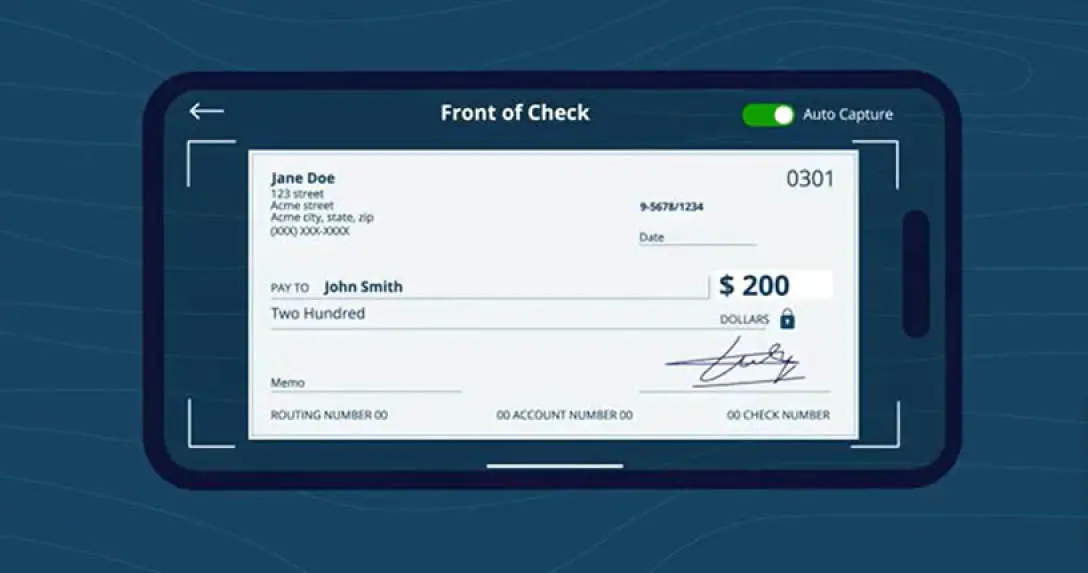
Please note our holiday hours: Friday, July 4, 2025 - Closed in observance of Independence Day. Online access to your account(s) will not be affected.


FDIC-Insured - Backed by the full faith and credit of the U.S. Government

FDIC-Insured - Backed by the full faith and credit of the U.S. Government
 VIEW ALL EDUCATION & INSIGHTS
VIEW ALL EDUCATION & INSIGHTS
February 01, 2020
Evaluating Your Employees

Evaluating Your Employees
Employee performance evaluations should be an important part of managing your business. While few managers and probably even fewer employees look forward to these evaluations, they can be very useful tools in many ways.
Here are some of the benefits that can come from an effective evaluation process:
- The process can force managers to objectively look at the employee’s capabilities
- The process helps the employee develop into a better employee
- Good performance can be reinforced
- Poor performance should be identified and a plan established to improve it
- The process can provide a forum for employee feedback that can be useful in setting the business’s future course
- Finally, performance evaluations can be used to make compensation adjustments
Ensure your employees understand the process – when, why and what
Most businesses use an annual evaluation process. While new employees should be reviewed after an initial period, annual reviews are probably often enough for others. However, during the year, good performance should be recognized and weaknesses should be addressed.
Your employees should understand why they are being evaluated. Determining pay adjustments are usually only one of the reasons, although it is often what employees focus on. By letting employees know that the evaluation process can help them develop into more capable and valued employees, the process can reinforce their desire to remain working for your company.
Employees should also know the criteria for their evaluation. The more objective and concrete the criteria, the more likely it is that the process can be used understood and appreciated. You may want to utilize some type of rating system for different criteria. Here is a list of potential evaluation points:
- Attendance and punctuality
- Dependability
- Appearance
- Productivity
- Work quality
- Work consistency
- Knowledge of job
- Work skills
- Managerial skills
- Attitude
- Cooperation
- Enthusiasm
- Initiative
- Judgment
A worksheet with one-to-five ratings can be a useful tool.
Making the process productive
The evaluation interview or meeting should be approached like an important business meeting. Having an agenda and a sheet with some items noted and described will make the meeting more productive.
Accomplishments. Use this meeting to praise the employee for successful accomplishments since the last evaluation. This can set a good tone and let the person know you appreciate their efforts. It also helps identify what is important for the success of the business.
Strengths. Let the employee know that you recognize what they do well. Try to leverage those strengths with new responsibilities.
Weaknesses. Also tell the employee of areas they can improve upon. This can be done positively, especially if the process includes a plan to improve those areas.
Problems. If there have been problems or disappointments since the last review, identify them and discuss why they occurred and what can be done to avoid them in the future. You should also include mention of any warnings that are given to the employee.
Most employees want to know how they are doing. If the evaluation process is handled well, not only do they learn what you think of them, they learn how to become better employees. Be sure to document the process and meeting. While most evaluations can be positive experiences, they can also become the source of legal actions.








 Views
Views



 Go Back
Go Back











